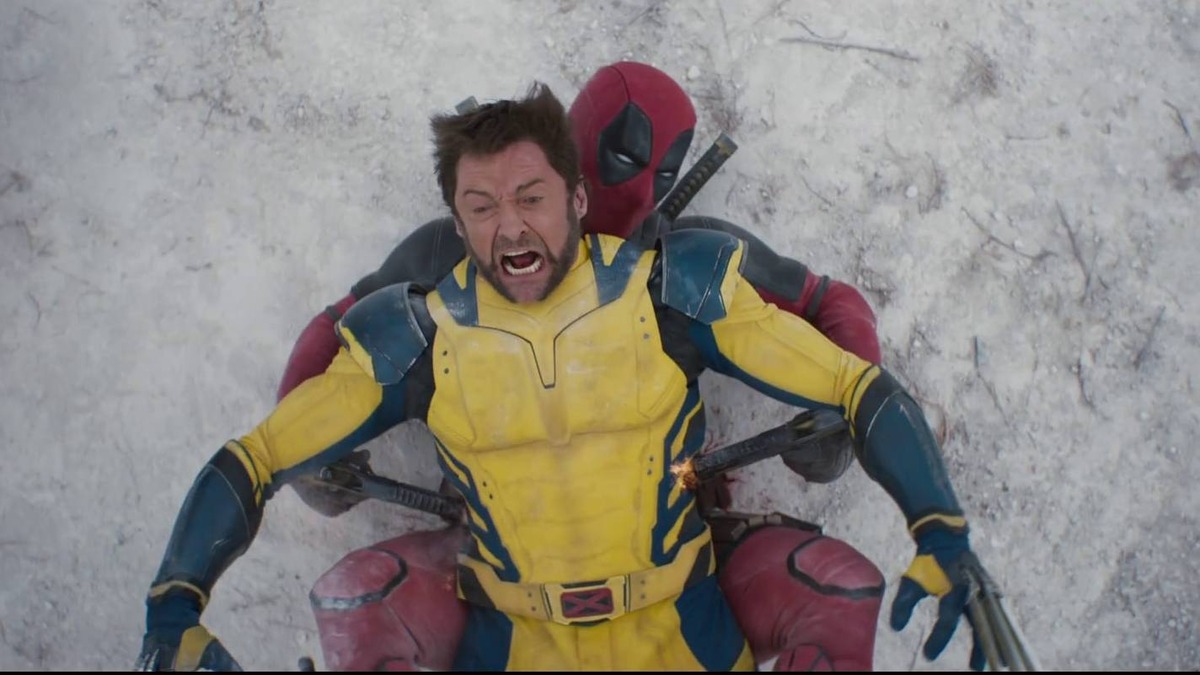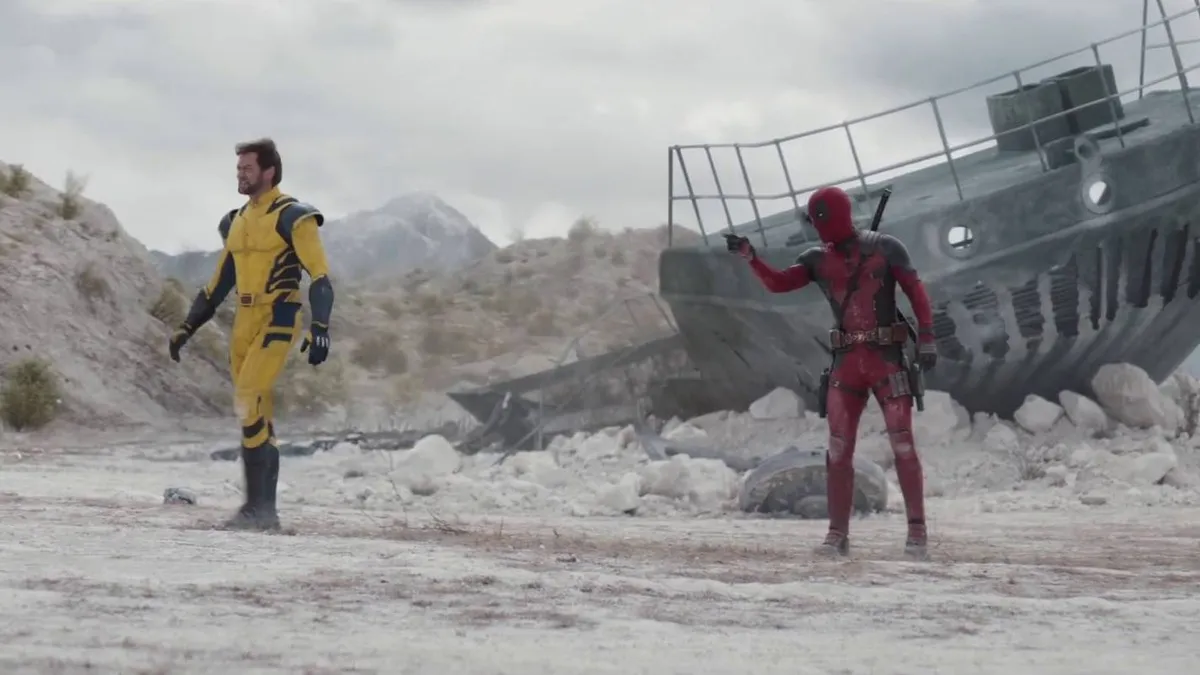
Of all the contentious issues that have plagued Barack Obama in his two terms as U.S. President, and there have been many, perhaps none are more simplistic and complicated in equal measure than the question of what to do with the detainee camp in Guantanamo Bay, Cuba. A facility that’s outlived its usefulness but remains politically sensitive for the implications of shutting it down, it still sits on the south-eastern shore of Cuba, with 149 men in custody, 76 of whom will never leave.
Camp X-Ray, the feature film debut of Peter Sattler, doesn’t offer an answer to that burning question, and even though the crux of the film is to unnecessarily remind us that Guantanamo’s detainees are people, too, it must be said that Camp X-Ray without a doubt a very well-acted and compelling reminder.
The story is a fictionalized account of life inside “Gitmo,” as a fresh batch of army MPs arrive at the base to guard the detainees. Among them is small town/small time girl Amy Cole (Kristen Stewart), who signed up for the army to make something of herself. Her dream is to go to combat in Iraq, but she attacks her duties as a prison guard with gusto. The experienced officers and men are almost cynical in the commission of their duty, it’s all old hat to them, but for Cole and the new recruits, Camp X-Ray is a fascinating place.
Cole’s presence on the cell block comes to the attention of Ali (Peyman Moaadi), who teases the new guard by calling her “Blondie” and gives her a hard time about the prison library not having the seventh and final Harry Potter book, the uncertainty of the fate of the boy wizard and his friends being the cruelest type of torture at Gitmo, apparently.
I’m not sure if it was Sattler’s intent to lend so much comedy to Ali’s first scenes, but he does, especially when the character goes off the deep end about being left in the dark as to the intentions of Severus Snape, or trying to get Cole’s attention with aspersions like, “I’m talking to you, Blondie!” I actually wondered for a minute if Moaadi were playing the Yakov Smirnoff version of a Gitmo detainee.
Things quickly get serious, though. Ali is taken away when he tosses a cup full of human waste onto Cole, and while there’s no montage or continuous scenes of detainee abuse, we get the message that such conditions and treatment are not new to either Ali or the more permanent staff of Gitmo. Life there is, sadly, a game, a fact that’s reinforced later when a detainee hunger strike aims to get an elliptical machine for the exercise yard. The C.O., played by John Carroll Lynch, agrees, but with a certain dispassionate tenor and lack of urgency that says he’s tired of this game as well. Naturally, the elliptical sits in the yard unused.

The mundane nature of life in Gitmo is compelling, and scenes of detainees in black hoods and orange jumpsuits is still a startling Orwellian image, but the metaphors with which Sattler plays are hand-me-downs used in other works about the War on Terror. Cole relates a story about a trip to the zoo as a child and seeing the caged lions, telling Ali that she thought the lion should be able to choose whether or not he should live in captivity. That’s a little on the nose, wouldn’t you say?
The character of Ali is also kind of problematic, because he’s got a fine mastery of the English language. He’s clearly intelligent and educated, he’s got a sense of humour in spite of his circumstances, and he was “black-bagged” from his home in Germany. It would be almost crazy for Cole not to find common ground with Ali, and for Ali not to find common ground with Cole. That’s not to diminish the excellent performance by Moaadi, but the only time we have interactions with any other detainees is when they’re yelling at the guards or acting up to the point where the guards are forced to be more, ahem, harsh in their punishment. A subplot about Cole being ill-treated by her superior Corporal Ransdell (Lane Garrison) when she spurns his aggressive sexual advances also has potential but plays out in movie-of-the-week fashion.
Where Camp X-Ray is gripping is when it’s just Stewart and Moaadi together playing off one and other without the pretense of hot-button political allegory. Stewart gets skewered for her acting chops because of Twilight, but she’s got skills, and Sattler makes good use of her gifts. The actress plays right into Cole’s feeling of ambivalence, not just about the treatment of detainees, but about finding her place in the army and on a base that’s bigger than her hometown.
Meanwhile, Moaadi as Ali ranks comfortably in the movie trope of prisoners with a hearts of gold yearning to breathe free, like Andy Dufresne in The Shawshank Redemption or Hilts in The Great Escape. But as noted above, it’s almost too easy to like him for the role he’s playing.
One thing that I want to point out is that the film captures the tedium of life at Guantanamo Bay quite well. There are several long takes of the guards walking in a circle around the cell block looking in on prisoners one at a time to make sure they’re not doing anything untoward, like killing themselves. As Ransdell points out the new guards, they’re not there to stop detainees from escaping; they’re there to prevent them from dying. It’s a fairly grim, but apt, assessment of their duty on the base. The cyclical nature of life in Gitmo is a recurring theme, and it adds surprising tension in the films climactic conversation between Cole and Ali.
Ultimately, Camp X-Ray isn’t going to change hearts and minds in real life, and it’s not exactly persuasive as a narrative either. It is quite compelling as a character piece though, and it’s very well-acted by the two leads who are natural, entertaining and capable of creating genuine moments of surprise and spontaneity. There’s no denying that this is a solid first feature effort from Sattler, one that shows a lot of promise and definitely marks him as a director to watch out for.






